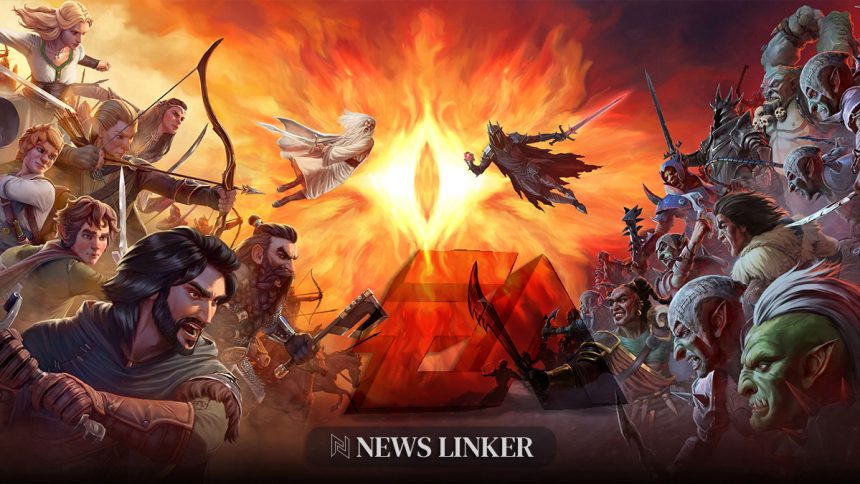Electronic Arts (EA) has acknowledged that Dragon Age: The Veilguard did not meet sales projections, resulting in significant restructuring within BioWare. The game, initially praised for its quality, struggled to attract a wider audience in a competitive market. Industry analysts note that the shift away from live service elements may have impacted player engagement and long-term revenue potential.
Dragon Age: The Veilguard, developed by BioWare, was released to favorable reviews but ultimately fell short of EA’s financial targets. The company’s reliance on single-player experiences for the title contrasted with the growing market demand for live service games, potentially limiting its commercial success. This outcome has prompted EA to reconsider its strategic direction in game development.
EA’s Sales Expectations Not Met by Dragon Age
Despite a strong launch and positive critical reception, Dragon Age: The Veilguard did not achieve the financial performance EA anticipated. “Q3 was not the financial performance we wanted or expected,” stated CEO Andrew Wilson during the quarterly financial call. The underperformance led to EA revising its financial outlook downward and initiating downsizing measures within BioWare.
Leadership Reflects on Live Service Strategy
“In order to break beyond the core audience, games need to directly connect to the evolving demands of players who increasingly seek shared-world features and deeper engagement alongside high-quality narratives in this beloved category.”
Wilson emphasized that the removal of live service components might have been a critical factor in the game’s limited appeal. CFO Stuart Canfield also highlighted the importance of adapting to industry trends, stating, “The game’s financial performance highlights the evolving industry landscape and reinforces the importance of our actions to reallocate toward our most significant and highest potential opportunities.”
Future Projects May Adapt to Live Service Model
With live services accounting for a substantial portion of EA’s revenue, future titles like the upcoming Mass Effect may integrate more shared-world features to align with player preferences. The reconsideration of game design strategies suggests that EA is prioritizing sustained player engagement and recurring revenue streams over traditional single-player models.
Historical data indicates that EA has consistently leaned towards live service models to maximize revenue and player retention. The company’s pivot in strategy with Dragon Age reflects a broader industry trend that values continuous content delivery and community interaction, elements that single-player games typically lack.
Adapting to these changing dynamics is crucial for EA to maintain its market position and meet financial objectives. By integrating live service features, EA aims to enhance player engagement and ensure the longevity of its game titles, potentially mitigating risks associated with one-time game sales.
EA’s strategic shift underscores the importance of aligning game development with evolving player expectations and industry standards. Developers and stakeholders must consider these factors to create successful and financially viable gaming experiences in the future.










